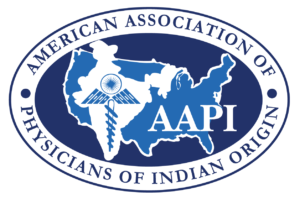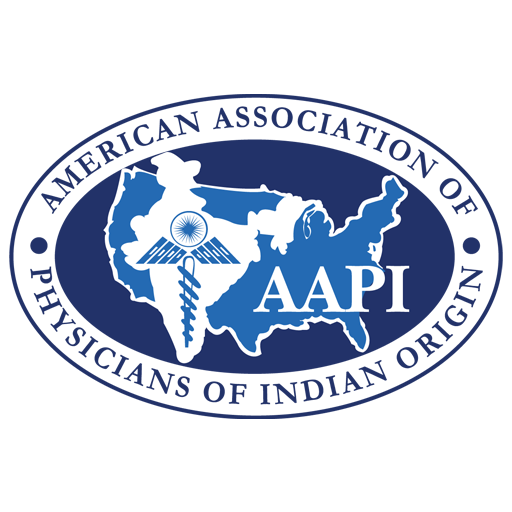Turning The Clock Back On South Asian Heart Disease Epidemic
Everyone knows someone who has had a heart attack or worse died from it so this is a personal issue for many of us yet we wake up only when it is too late. It is about time we embark on a multi-year nationwide campaign of education and awareness involving physicians, patients, and the south Asian community in general. We all know Prevention is the best intervention so there is a need for a short checklist of actionable items as a road map for all of us and the next generation to stem the tide of this emerging epidemic amongst us.
South Asians constitute about 25% of the world population but account for 60% of the global cardiovascular burden. It has been generally recognized that South Asians living here or abroad are the highest-risk ethnic group for cardiometabolic disorders. AHA (American heart association) finally recognized that fact and issued guidelines last November 2019 urging physicians to consider ethnicity when determining cardiovascular risk as conventional risk prediction models underestimate our risk.
While there is consensus about higher cardiovascular risk, there is no consensus about any “smoking gun”. Most experts think the south Asian cardiometabolic epidemic is visceral obesity-mediated insulin resistance but genetic/epigenetic and inflammation also play a role . When it strikes, it does a decade earlier and many times, the first manifestation could be sudden death. The nature of this atherosclerosis is also unique in that it is diffuse and progresses rapidly in relatively smaller coronary caliber vessels making them less amenable to percutaneous or surgical intervention resulting in less-than-optimal outcomes
We are serious about bending this trajectory so we all need to fight this menace at multiple levels at the same time. First, we need a massive campaign of awareness about this nemesis using every media available by organizing community outreach programs. Second, there is a dire need for education about our phenotype which makes us more susceptible to cardiometabolic disease at lower BMI and Hgb1c levels. Third, we need to educate about the value imaging like coronary calcium score /coronary CTA provides when appropriately done to detect this silent subclinical atherosclerosis so we can act early. Fourth AAPI diet manual needs updated in view of more recent plant-based studies and incorporate interventions like yoga, and meditation to make it a more comprehensive and preventive manual. Fifth there is a need for participation in our own ongoing cohort studies to add to our database whether clinical, biological, or genetic to advance our understanding of this epidemic in the long term Finally we need to join ongoing efforts for CPR so every south Asian household especially female spouse has the skill of “Hands-only CPR” to rescue their loved ones in crucial first few minutes which can make a difference between life and death before help arrives.
I realize the task is daunting and it will take the entire AAPI village including all stakeholders local and regional and national leaders as well as other interested parties associations, Non-profit entities, and the South Asian community to make it happen. So Let us begin and learn as go. To paraphrase JFK “If not us, who? If not now, when?”
Appreciate our President Dr. Ravi Kolli for his unwavering support and trust and looking forward to your support. Please write Brahmasharma102@gmail.com for any interest or suggestions.
Brahma Sharma MD FACC
Chair, AdHoc Committee
South Asian CVD/DM



